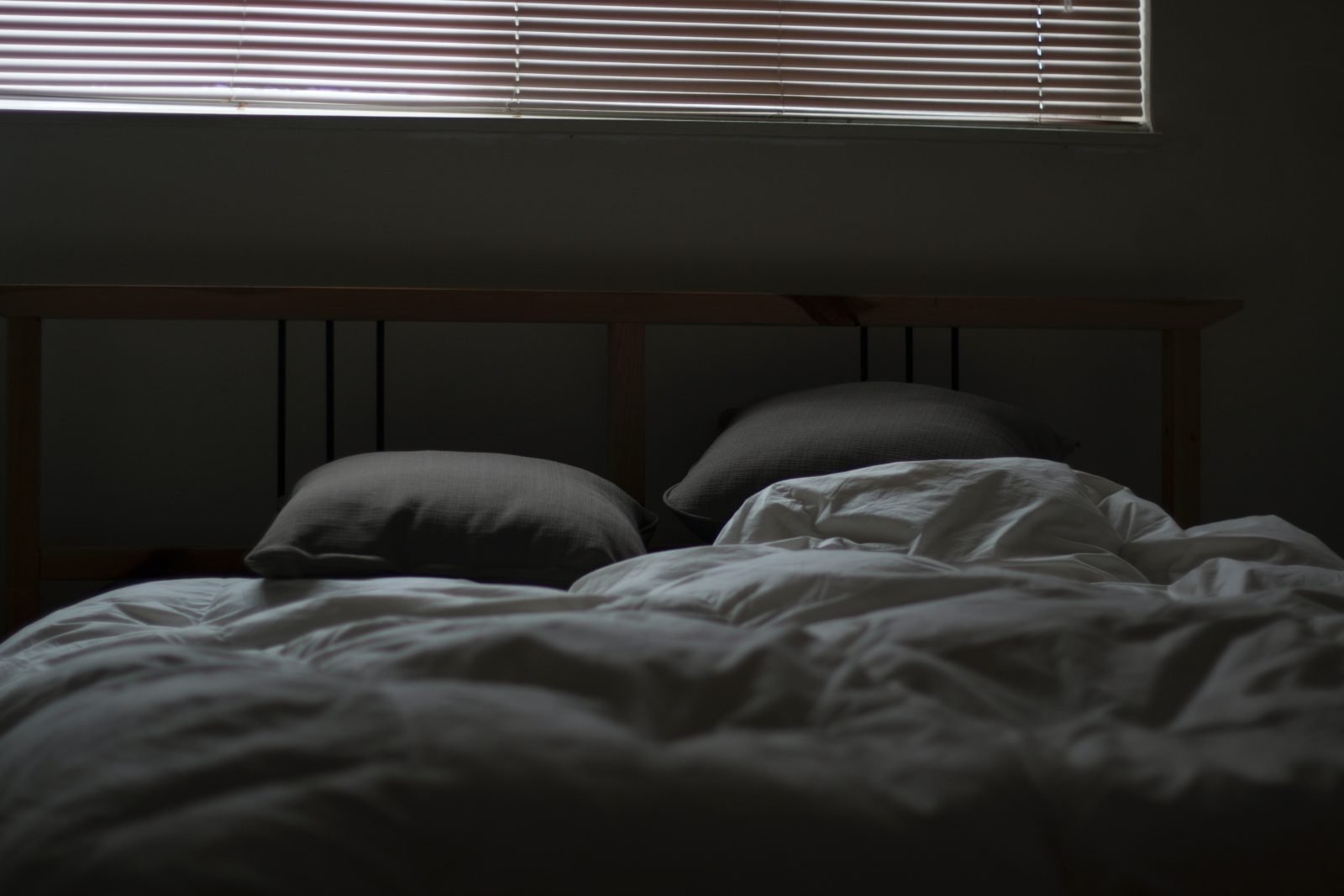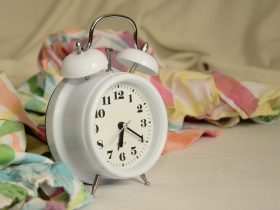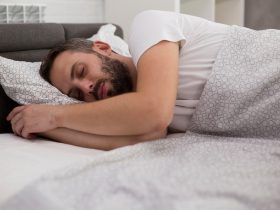Hygienic practices before bedtime are what we call “sleep hygiene.” Better night’s sleep hygiene is essential since having enough quality sleep has such a profound impact on your mental and physical well-being and general quality of life.
Whether or not you sleep well depends on your actions throughout the day, not just before bed. Numerous factors, including what you eat and drink, when you go to bed, and how you spend your evenings, affect your quality of sleep.
10 ways to get better rest tonight
1. Establish and maintain a calming pre-bedtime ritual.
When you start your routine at bedtime, your body will learn to associate that time with sleep. It’s possible that this will help you sleep faster. Between 30 and 60 minutes before bedtime is ideal for beginning your regimen.
Get in a hot tub or shower and relax. The soothing effects of the water last beyond your time in it, and the subsequent cooling of your body may leave you feeling drowsy. Try some light stretching to reduce the strain on your muscles.
If you need to relax your body and mind, try meditating for a few minutes. Relaxing music can help you concentrate on your breathing and relax your body. Spend some time reading a book instead of using a digital reader. Don’t engage in any emotionally or mentally taxing activities, such as working or having a conversation.
2. Maintain a regular bedtime routine.
Maintain a regular sleep-wake schedule. This can help you establish a regular sleep-wake pattern by reinforcing your body’s sleep cycle. Choose a bedtime that will allow you to get 7 or 8 hours of sleep a night.
3. Perform regular physical activity.
Aerobic exercise, even just 30 minutes a day, has been shown to improve sleep quality and general health. Since being exposed to natural light helps regulate your sleep cycle, exercising outside may have even more positive effects. Don’t stress if you’re stuck inside and can’t go outside. Regular exercise, even if it’s inside, can help you sleep better.
Avoid working out within two hours of bedtime. This may make it more difficult to get to sleep because it raises your core temperature and energy levels. Later in the day, if you feel like moving around, stretching or yoga are good options.
4. Put away your phones and other electronics at night.
Blue light from electronic gadgets like your phone can cause your body to produce less of the sleep hormone melatonin. Melatonin is a hormone that regulates when you go to sleep and when you wake up. If your melatonin levels are low, getting to sleep may be more challenging.
Blue-light-emitting devices are another option for keeping your mind active and awake. Possible negative impact on sleep quality.
Even if you don’t use your phone just before bed, just having it in the room can have an adverse effect on your rest. In the middle of the night, you might be startled awake by a message alert, a beep, or a flash of light, all of which could disrupt your otherwise restful slumber.
5. Optimize your bedroom for restful sleep.
It might be easier to get to sleep and stay asleep if you’re in a chilly, dark, quiet room.
You should also invest in a high-quality mattress, pillows, and linens to ensure a restful night’s sleep. A good pair of earplugs can help you get a restful night’s sleep. If light enters your bedroom during the day, you may wish to use blackout curtains or an eye mask to ensure a restful night’s sleep.
6. Reduce your caffeine consumption.
The coffee you drink in the afternoon might keep you awake and alert for far longer than you’d prefer.
Some people can keep drinking till the afternoon, while others must stop much earlier if they want to get a good night’s sleep. If you limit your caffeine intake, you may become more sensitive to its effects.
7. If you’re not exhausted, don’t go to bed.
Don’t lie in bed and toss and turn if you’re not sleepy. Try engaging in a soothing pastime until you feel sleepy, and only then should you turn in. Don’t stay in bed for longer than 20 minutes if you haven’t fallen asleep. Getting irritated over being unable to sleep can prolong your wakefulness.
When you finally do decide to get out of bed, try doing something relaxing like reading on the couch until you’re exhausted again.
8. Only sleep and have sex in your bed.
It’s easy to fall into the trap of using your cozy bed as a makeshift office, living room, and entertainment center.
One must, however, restrict their bed’s use for sleep and sexual activity. The more strongly connected your brain is to your bed, the faster and more easily you will drift off to sleep.
If reading keeps your mind active in the hours before bed, it may not be the best method to unwind. In lieu of reading in bed, why not try reading on the couch first?
9. Learn to relax before bedtime.
Worrying about things can cause you to lose sleep. If you want to stop stressing out and losing sleep over it, If you’re having trouble sleeping because of anxiety, try writing it down. If your list of things to accomplish is causing you stress, put that down, too. Focus on getting tomorrow and the remainder of the week’s tasks out of the way first.
The effects of a weighted blanket on anxiety and sleeplessness have been studied and found to be similar to those of deep pressure treatment. If you’re having trouble winding down at night, try some meditation.
10. Try to avoid or limit your napping habits.
It may be more challenging to get to sleep at night if you nap during the day, and it may make you more likely to wake up in the middle of the night.
Do you really need a nap?
- No more than 30 minutes at most.
- Do your best to forego midday snoozes
- Whether or not napping has a greater impact on the sleep patterns of older people than it does on younger people is uncertain.
Good sleep hygiene refers to practices that promote quality rest. The decisions you make today and in the hours leading up to tonight may have an impact on the quality of your sleep.
Several methods exist to help those who have trouble sleeping get to sleep more quickly and stay asleep for longer. Most of them revolve around establishing healthier routines before bed.
The quality of your sleep can be improved in a number of ways, including by sticking to a schedule, having a soothing nighttime routine, exercising frequently, keeping your bedroom dark and at a pleasant temperature, and regulating what you eat and drink.
















Find Us on Socials